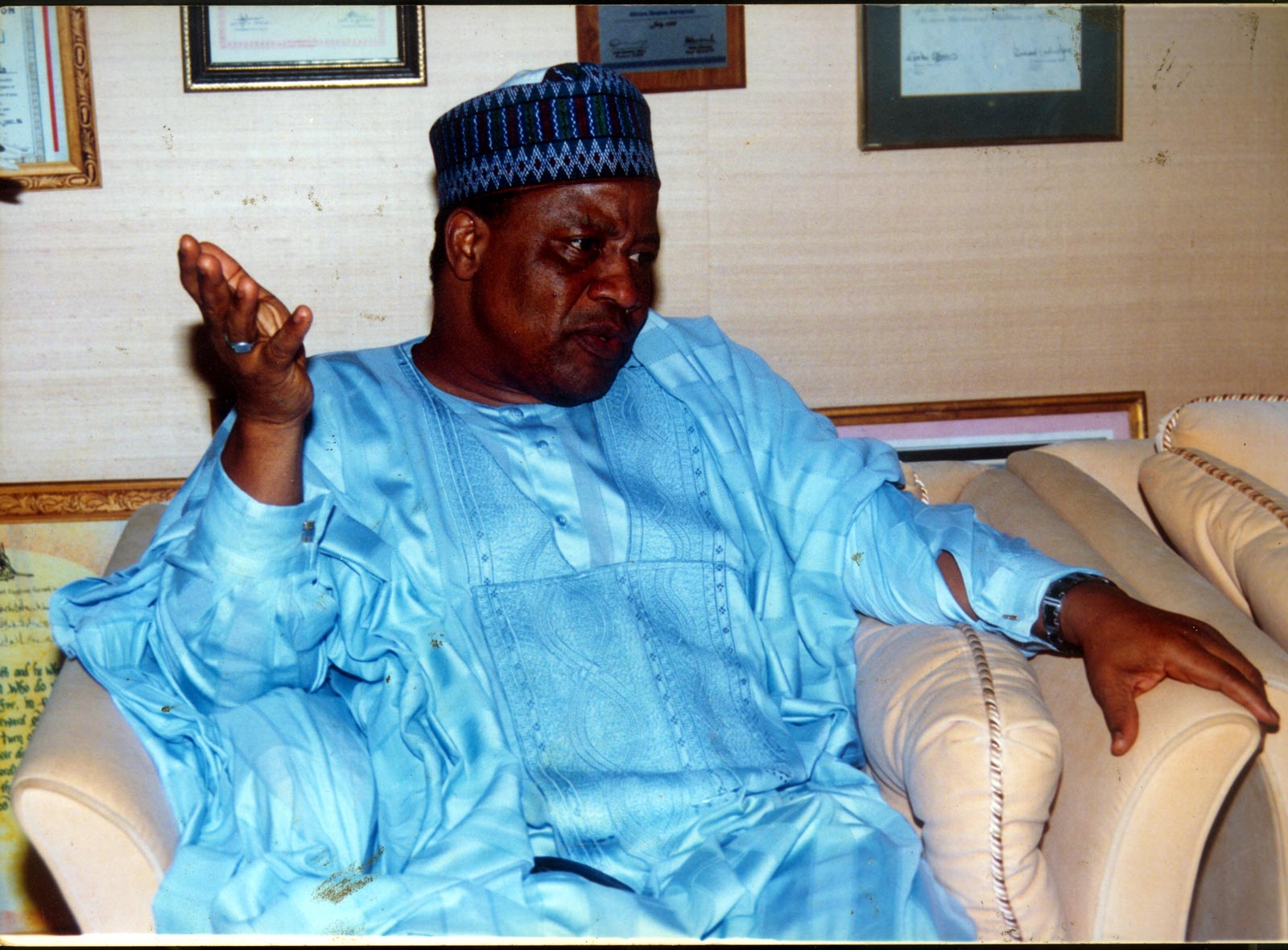Former head of state, General Ibrahim Babangida has called on Nigerians to unite against the Boko Haram insurgents destroying some Northern parts of the country.
Speaking on the show, “Straight Talk” with Kadira on Channels Television, he said that just like they did during the civil war, Nigerians must unite against the Boko Haram sect.
He urged Nigerians to view the Boko Haram attack as a nation, noting that it did not represent any religious ideology.
“People must believe that this is affecting Nigeria generally and not any part of the country or religion. The civil war which we remember, the whole country was mobilised against secession. There was a lot of unity among Nigerian people.
“There was unity against secession and I think that we must accept that this problem is a Nigerian problem, and Nigerians must find a solution to this problem. All hands must be on deck to fight the phenomenon. “Leadership is important here. What the leaders do and say matters a lot. Nigerians have to mobilise against Boko Haram and that would make them win the war”.
Read the interview below:
On the effectiveness of the Army in the fight against Boko Haram
He said: “We should be asking the question, is it the same Army that has performed exceptionally well in Congo, Tanzania, United Nations operations and all other operations that we participated in”.
Gen Babangida justified his actions in office including the annulment of the June 12, 1993 presidential election.
“Leadership is all about taking responsibility for everything either good or bad and so far, as far as I am concerned, I take full responsibility of all the actions I took as at that time.
“It is only a fact that history will one day come and apportion various blames to various actors in the whole saga. There are lots of people in this country who supported what we did at the time. We discussed extensively about the security situation and we were worried about putting up a government that would not last long”.
He said the security problem then was really dicey and the only people who could tell what could happen were those of them in government.
“By our profession, we knew that the nation was becoming more frustrated and once this type of frustration exist in a society, it provides a very fertile ground for a coup d’état. In the end, it turned out that we speculated rightly.
“It couldn’t have been a plan, but it was thought of. There was much talk on the media that the worst civilian government was better than the ‘contraption’ that was in place. Nigerians said those sorts of things and it gave confidence to whoever wanted to take over government,” he said.







